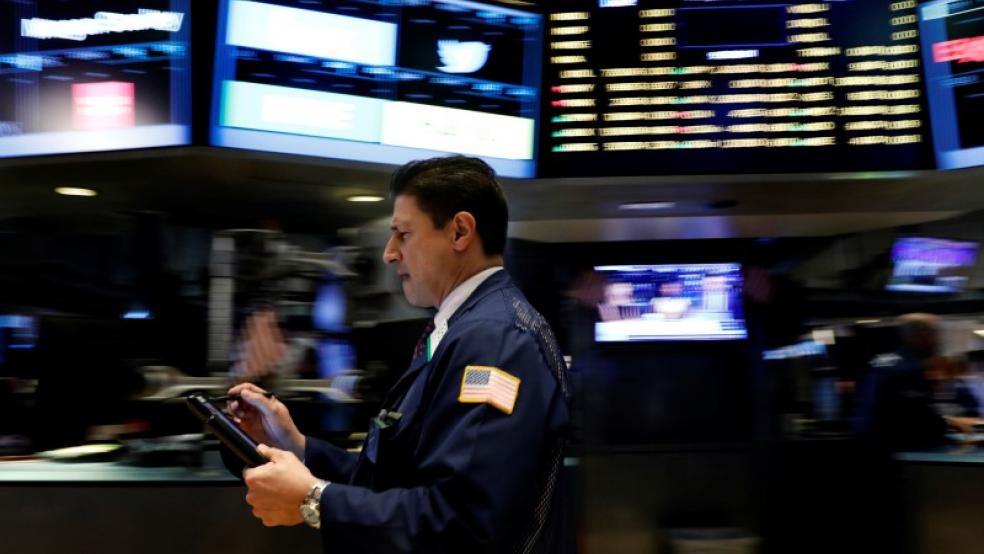With no shortage of tumultuous news out of Washington and investors looking for more information from the Trump administration about fiscal policies, politics loom large over the financial markets.
And though companies so far this year have posted strong earnings, politics could be the major driver of stocks going forward.
Related: 3 Huge Headwinds Stock Market Bulls Are Ignoring
According to some strategists, that may not end well.
Politics both U.S. and foreign are going to be most decisive heading into the second half of the year, as so much hope is pinned on the new administration, said Max Wolff, market strategist at 55 Capital.
Sentiment has been quite high, Wolff said, which has in turn jacked up multiples and expectations about growth under the new administration.
"We think that comes down, and when things get this high, they tend to come down a lot more like elevators and a lot less like escalators. So we'll be looking very closely, and we don't think it ends 2017 as strongly as it began," Wolff said in an interview Thursday on CNBC's "Trading Nation."
"I think our political system right now has had a few drinks and is running with a pair of scissors, and that always ends in drama," Wolff said.
Related: US-China Trade Deal Leaves Some Big Questions Unanswered
Political turmoil has appeared particularly pronounced this week as President Donald Trump terminated FBI Director James Comey and the Senate Intelligence Committee issued a subpoena to former national security advisor Michael Flynn, renewing concerns about whether Russian officials were involved in the outcome of the U.S. election.
"If the Trump administration ultimately fails to survive the political turmoil that intensified, without warning this week, one could rightly assume that the stock market could be vulnerable to an extended pullback. It could easily suffer a 10 percent to 20 percent correction as a consequence of a constitutional crisis which may well be in the making," Ron Insana wrote Thursday in a commentary piece on CNBC.com.
Indeed, investor sentiment is at multiyear highs, prompting a larger conversation about whether the skyrocketing "soft" data (consumer confidence and how investors feel about the current economic and market climate) are keeping up with the "hard" economic data.
"We can't figure that out numerically. Those expectations are much more elevated than the fan base for Congress, which you can fit in the back of a Corolla, or the fan base for the president, which is not huge by historical standards but seems to have filtered into asset price expectations," Wolff said, adding that he will be watching sentiment readings closely.
Ultimately, the "The White House will need to prove that the many promised pro-business reforms and infrastructure spending can be achieved," Erin Gibbs, equity chief investment officer at S&P Global, wrote Thursday in an email to CNBC.
"We are already seeing some investor disillusionment as the markets realize presidential promises, if realized at all, will take longer and be diluted," Gibbs wrote.
What won't be driving stocks, Gibbs wrote, is the Federal Reserve, as the central bank has become increasingly transparent and the markets have already priced in the year's two expected remaining interest rate hikes. The market's reaction to the first hike this year was relatively muted. The "lack of uncertainty" in this area, she wrote, is unlikely to be a major market mover.
This article originally appeared on CNBC. Read more from CNBC:
Goldman is starting to get worried Wall Street is acting too calm about Trump
Trump prefers battle-tested old tech over new stuff when it comes to America's Navy




